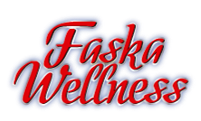
Co-founded by a patient and a triple-board-certified psychiatrist, Talkiatry has over 300 doctors, 60 insurance partners, and first visits available in days. We treat patients with anxiety, depression, trauma, ADHD, and more. If you believe you or someone you love has anxiety that gets worse with alcohol use, you or your loved one can take steps to treat their anxiety and cut down or stop drinking. Having a substance use disorder can also increase the chance of having an anxiety disorder.

Medical tools and resources
Our daily research-backed readings teach you the neuroscience of alcohol, and our in-app Toolkit provides the resources and activities you need to navigate each challenge. Panic attacks can be triggered by unpreventable conditions or circumstances, but there are factors within our control that we can use to help prevent and manage them. Here are some practical tips to prioritize alcoholism treatment your mental well-being.
Conditions
A treatment center will attempt to verify your health insurance benefits and/or necessary authorizations on your behalf. Please note, this is only a quote of benefits and/or authorization. We cannot guarantee payment or verification eligibility as conveyed by your health insurance provider will =https://ecosoberhouse.com/ be accurate and complete. Payment of benefits are subject to all terms, conditions, limitations, and exclusions of the member’s contract at time of service.
- While the term may be informal, the science isn’t—there’s plenty of data to explain this experience.
- Recognizing these symptoms is crucial for understanding the potential connection between alcohol consumption and panic attacks.
- Excessive consumption of alcohol causes dehydration, which can make you feel dizzy and increase your heart rate.
What is the difference between a hangover and an alcohol-induced panic attack?
- These effects are particularly visible the day after drinking when the hangover begins to set in.
- Finding a therapist specializing in anxiety and addiction can provide personalized support and guidance.
- Connecting with friends, family, or support groups provides emotional stability during recovery.
- Dealing with anxiety after quitting drinking can be a challenging but crucial aspect of the recovery process.
- In other words, drinking alcohol may give you a temporary sense of relief, but in the long term it’s likely to worsen your anxiety and weaken your coping capacities.
- Getting help with alcohol and mental health is a positive step towards feeling better.
Alcohol can also make anxiety worse because it affects the levels of other mood-influencing chemicals like serotonin. Research notes that changes in chemical levels such as serotonin can cause anxiety disorders and depression. It’s a natural human response and usually passes once the situation is over – for example around a job interview. But if you have feelings of anxiety that are constant, overwhelming, or affect your daily life, there are things you can do, and support that is available to help you manage. These effects are particularly visible the day after drinking when the hangover begins to set in.
Alcohol and anxiety: Panic attacks after drinking
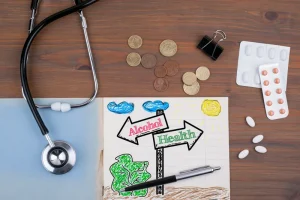
If you struggle with panic attacks and feelings of anxiety, it is important to understand how alcohol can affect your mental health and potentially make these symptoms worse. However, evidence shows that there is a direct link between alcohol and panic attacks. When we reach for alcohol in an effort to calm the symptoms of anxiety and panic, we can become trapped in a vicious cycle that may eventually lead to a physical or psychological addiction. If you are frequently experiencing panic attacks after drinking alcohol, it is important to take a look at your drinking. Checking if you are regularly consuming over the recommended weekly limit of 14 units is a good start. However, you may want to cut back completely if alcohol is impacting your mental well-being through regular panic attacks.
Drinking alcohol while taking shrooms can also increase a person’s risk of a “bad trip,” which can include hallucinations and frightening emotions. The symptoms of a hangover, such as nausea and vomiting, dizziness, dehydration, and low blood sugar, can make it hard to function. If someone is sick because of a hangover, they might not be able to attend to their responsibilities at home, school, or work—which can, in turn, fuel their anxiety. If a person has concerns about alcohol use or anxiety, they can speak with a doctor to find out the best ways to solve these issues. A doctor may also suggest additional treatment options, such as counseling or joining a support group. People need to speak with a doctor if they are experiencing the above effects due to alcohol.
How to Overcome Performance Anxiety
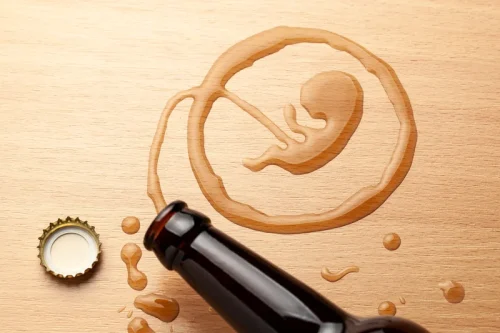
If you are sensitive to the effects of alcohol, these uncomfortable sensations can trigger a panic attack. If you’re someone who is prone to panic attacks when there is no obvious external trigger, dealing with the stress of mistakes can make having one more likely. This is especially true when coupled with the physiological symptoms of drinking. Panic attacks are episodes of extreme anxiety that typically last between 5 and 20 minutes.
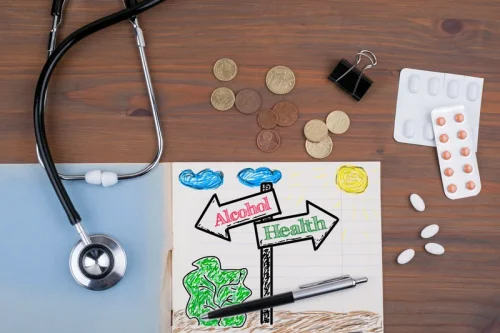
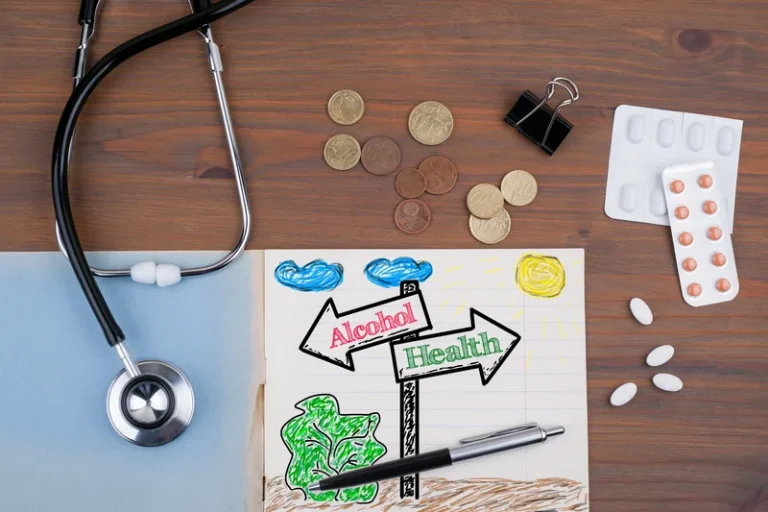
If the panic attack is severe or lasts a long time, don’t hesitate to call for medical help. For some individuals, the effects of alcohol on anxiety can extend beyond the immediate drinking session, leading to anxiety symptoms that persist for days afterward. Addressing alcohol alcohol and panic attacks anxiety involves professional treatment, self-help strategies, and potential medication use.
Side Effects of Alcohol Misuse
These feelings can naturally increase overall feelings of anxiety in daily life. People with anxiety disorders may also have a substance use disorder. In fact, 50% of people receiving treatment for alcohol use disorder also live with an anxiety disorder.
